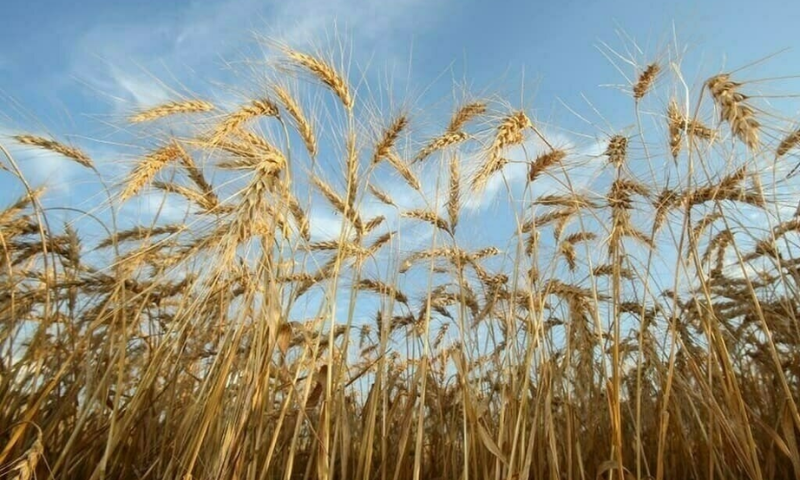ISLAMABAD: The ongoing rainfall, forecasted to continue until February 20, will have a positive impact on all Rabi crops, particularly wheat, while also improving environmental conditions.
Agricultural experts and scientists anticipate that the current rainy spell will benefit overall agricultural output, especially Rabi season crops like wheat, which is a significant cash crop and a staple food source for the local population.
“The rainfall is likely to boost wheat production in rain-fed areas nationwide, as well as benefiting oilseeds such as mustard and canola. Additionally, it will positively affect the yield of seasonal vegetables, meeting local demands,” experts stated.
They predict that the rain will notably increase wheat output in regions like Potohar and other rain-fed areas, where numerous small farmers cultivate various crops and seasonal vegetables.
Dr. Imtiaz, a Member of Plant Science at the Pakistan Agriculture Research Council (PARC), noted that the ongoing rain spell could significantly impact crops like wheat, which is currently crucially developing. “As wheat plants enter the booting stage and approach heading, adequate moisture becomes vital for robust growth and development,” he explained, emphasizing the timely intervention of rainfall providing essential hydration for thriving plants.
“At the booting stage, wheat plants initiate reproductive structure formation, crucial for eventual grain formation. Optimal moisture during this phase ensures optimal development, leading to higher yield potential,” Dr. Imtiaz added.
He highlighted that the rain would also mitigate environmental pollution and positively impact human health. Moreover, it would benefit sugarcane crops and contribute to achieving Rabi crop production targets.
Food Security Commissioner Imtiaz Ahmad Gopang from the Ministry of National Food Security and Research commented on the rain’s potential to boost Rabi crop production, particularly wheat in the Potohar region. He emphasized that the moisture from the showers would promote healthier plant growth and enhance yield prospects.
Gopang also mentioned the additional benefit of snowfall in some areas, contributing to water source replenishment and bolstering irrigation reserves essential for agriculture during dry spells accompanying the transition to the Kharif season.
It’s noteworthy that the government has set the wheat production target for the current Rabi season at 32.2 million tons from an area of 8.9 million hectares of land.


























